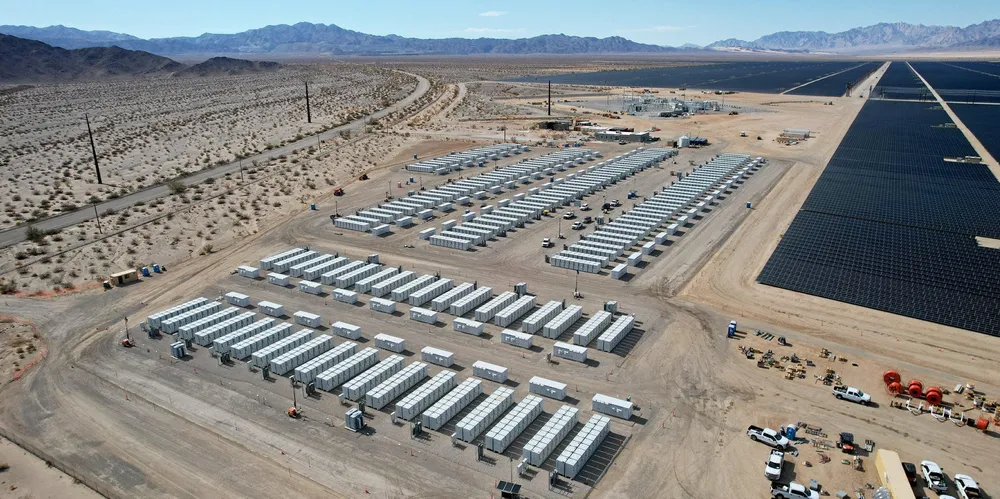US charges up home-grown green battery market with $7bn fund for supply chains
Washington opens coffers on first $3bn-plus tranche aimed at weaning country off unstable global supply chain while building domestic battery manufacturing sector

The DoE will offer the first round of $3.16bn to boost advanced battery manufacturing and recycling as part of the Biden administration’s ambitions of reorienting the automobile market towards electric vehicles (EVs) by 2030 while reducing national carbon emissions. The remainder is to be awarded in future financing rounds.
“President Biden’s historic investment in battery production and recycling will give our domestic supply chain the jolt it needs to become more secure and less reliant on other nations—strengthening our clean energy economy, creating good paying jobs, and decarbonising the transportation sector,” said Energy Secretary Jennifer Granholm.
“Positioning the US front-and-centre in meeting the growing demand for advanced batteries is how we boost our competitiveness and electrify our transportation system.”
Secretary Granholm touted the battery supply chain initiatives at a ribbon-cutting for the Facility for Rare Isotope Beams at Michigan State University. Michigan remains a hub for US auto manufacturing, and US carmakers have recently unveiled new EV product lines.
“The future of mobility is electric – and this support could help to ensure Michigan remains on the forefront of innovation by shoring up our supply chains for advanced battery technologies necessary to deploy the next all-electric fleet,” said US senator Gary Peters, of Michigan.
The Battery Materials Processing & Battery Manufacturing initiative aims to bolster domestic battery and component manufacturing supply chains through investments into new, retrofitted, and expanded commercial facilities as well as manufacturing demonstrations and battery recycling.
“Responsible and sustainable domestic sourcing of the critical materials used to make Li-ion batteries – such as lithium, cobalt, nickel, and graphite – will help avoid or mitigate supply chain disruptions and accelerate battery production in America to meet this demand and support the adoption of electric vehicles,” the DoE said in a statement.
The DoE also announced a $60m initiative to support second-life applications for batteries, which aims to explore new processes for recycling key materials back into the supply chain and eliminating the need for new extraction.
The funding opportunities are the first to be released through a collaboration of the DoE's Office of Energy Efficiency and Renewable Energy and its newly established manufacturing and energy supply chains office.
China produced 76% of the world’s Li-ion batteries last year, compared to 8% from the US, according to the Federal Consortium for Advanced Batteries. The consortium, led by the DoE, includes the departments of defence, commerce, and state, and lays out a plan for the US to take a much larger slice of the battery manufacturing sector
This little-used law empowers the president with emergency authority to prioritise development of certain commodities, products, and productive capacity to strengthen the country’s industrial capacity.
(Copyright)